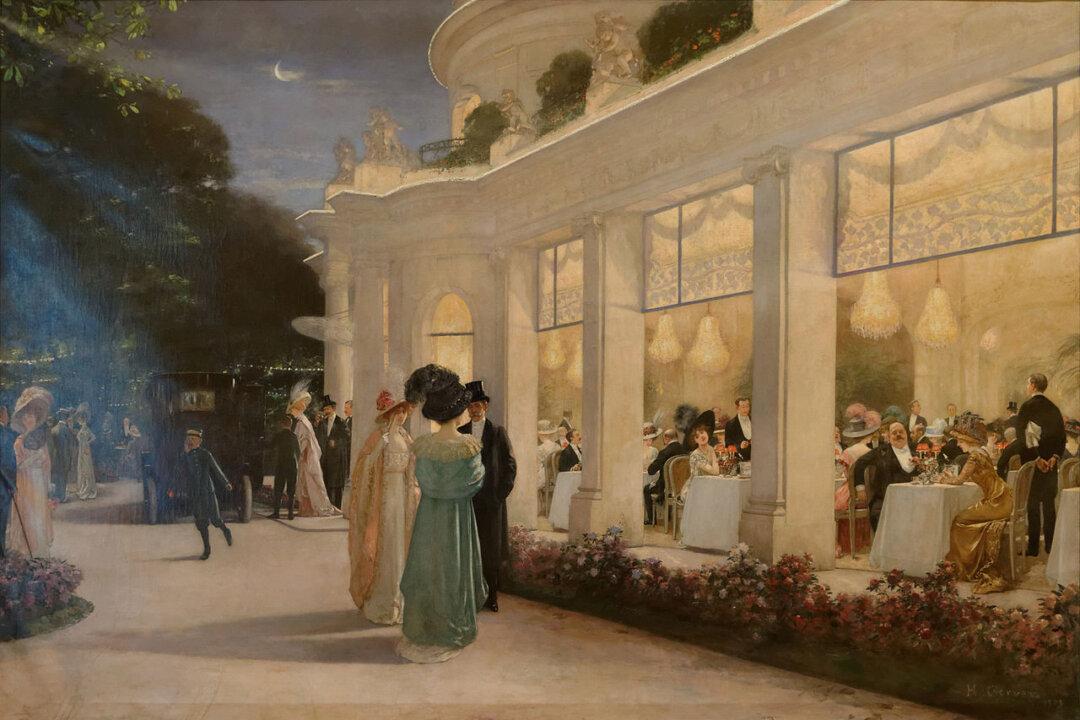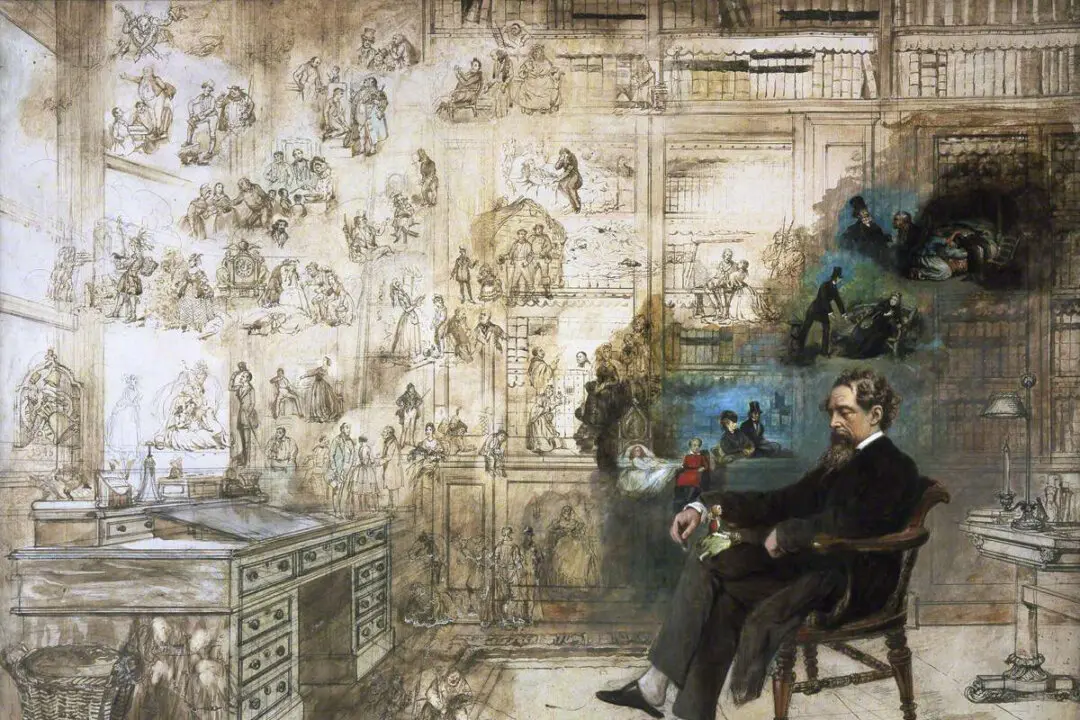In Thomas More’s “Utopia,” he says: “[How can anyone] be silly enough to think himself better than other people, because his clothes are made of finer woolen thread than theirs. After all, those fine clothes were once worn by a sheep.” By envying another’s life or wishing to change lives (even for a moment), you sacrifice your own value.
In his short story “Lost on Dress Parade,” O. Henry tells a comical story in which a young man, Mr. Towers Chandler, pretends to be a rich bachelor for an evening. As Chandler plays this part, Henry demonstrates that he loses more by acting than if he were himself.






